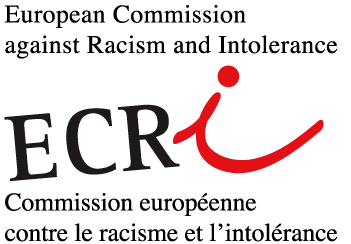2014 Annual report of the European Commission against Racism and Intolerance: a dramatic increase in antisemitism, Islamophobia and online hate speech

The European Commission against Racism and Intolerance (ECRI) published its Annual report which identifies a dramatic increase in antisemitism, Islamophobia, online hate speech and xenophobic political discourse as main trends in 2014.
Throughout 2014, with conflicts in the Middle East, acts of Islamist violence in Europe and incidents of unprecedented mass arrivals of migrants, the main findings of the ECRI Annual report are:
- in many European countries the number of antisemitic attacks has increased dramatically;
- a growing trend of Islamophobia carries the risk of counteracting the European integration;
- discrimination of people of African descent is still widespread;
- LGBT persons still experience unacceptably high levels of stigma and intolerance;
- Roma and Travellers are marginalized in many social areas.
This entire phenomenon, with the ongoing economic and financial crisis, generated an anti-immigration rhetoric and became the main topic for populist politics and election campaigning.
As a human rights body of the Council of Europe, ECRI’s task is to combat racism, xenophobia, antisemitism and intolerance at the level of greater Europe from the perspective of the protection of human rights. ECRI adopts a country-by-country approach, closely examines the situation in each of the member States of the Council of Europe, and encourages member States to sign and ratify the Council of Europe’sAdditional Protocol to the Convention on Cybercrime concerning the criminalization of acts of a racist and xenophobic acts committed online and the Protocol No. 12 to the European Convention on Human Rights and Fundamental Freedom which prohibits all kinds of discriminations.
While Italy had signed both Protocol No. 12 in November 4th, 2000 (entered into force on April 1st, 2005) and the Additional Protocol in January 28th, 2003 (entered into force on March 1st, 2006), it had ratified none of them.

